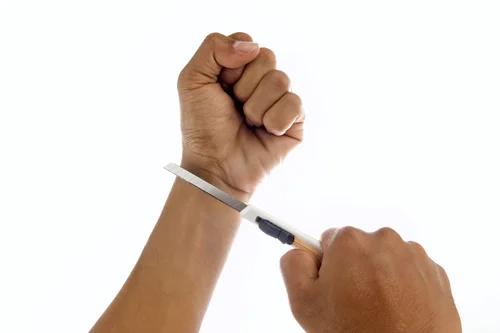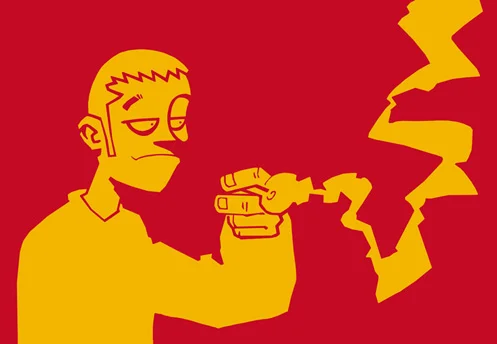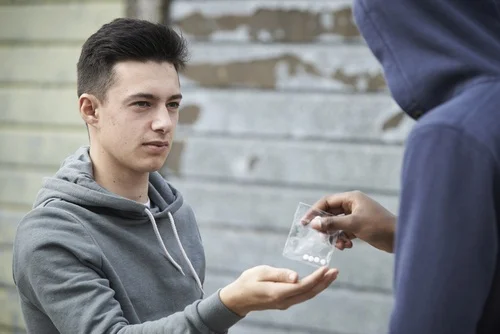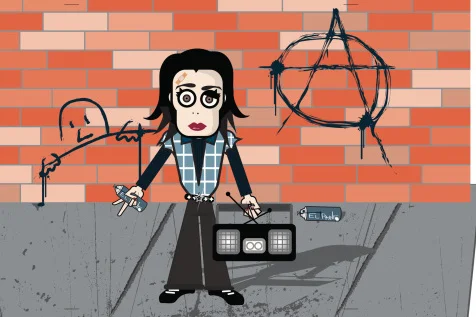+1 845 259 2974 (11 a.m to 7 p.m CST)
Teens Lying About Taking Drugs: How to Discover the Truth
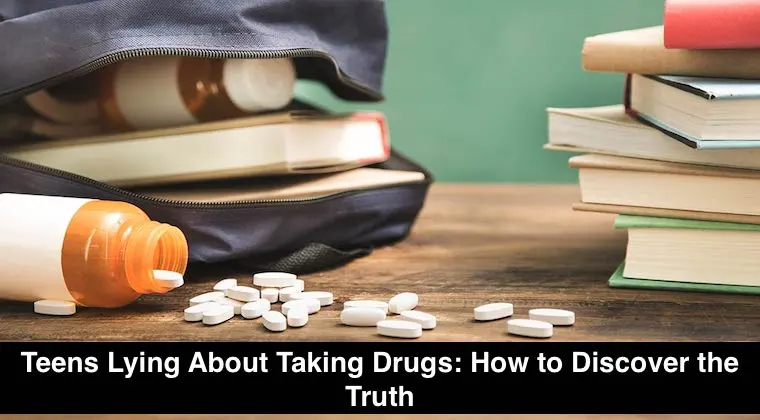
Teenagers lying about drug use is a significant concern for parents and guardians. The thought of a teen experimenting with drugs is frightening, and discovering the truth can be challenging. Let’s discuss how you can identify signs of drug use and what strategies you can use to approach the subject with your teen.
Teens may lie about taking drugs for several reasons. Peer pressure is a significant factor, as they might want to fit in with their friends or avoid being judged. Fear of punishment can also drive teens to hide their drug use, fearing the consequences if their parents find out. Additionally, the desire for independence can lead teens to make risky choices without considering the long-term impact on their health and well-being.
Signs Your Teen Might Be Using Drugs
Recognizing the signs of drug use is the first step in addressing the issue. These signs can be physical, behavioral, or environmental.
Physical Signs:
- Bloodshot eyes: If your teen frequently has red or glassy eyes, it could be a sign of drug use.
- Unexplained weight loss: Sudden weight loss without any apparent reason might indicate drug use.
- Poor hygiene: A noticeable decline in personal hygiene, such as not bathing regularly or wearing dirty clothes, can be a red flag.
Behavioral Signs:
- Sudden mood swings: Extreme changes in mood, such as sudden aggression or irritability, can indicate drug use.
- Decline in academic performance: If your teen's grades are dropping and they seem uninterested in school, it might be due to drug use.
- Withdrawal from family and friends: Teens using drugs may isolate themselves and avoid family gatherings or social activities.
Environmental Signs:
- Finding drug paraphernalia: Discovering items like pipes, rolling papers, or needles in your teen's room is a clear sign of drug use.
- Strange smells: Unusual odors on their clothes or in their room could indicate drug use.
Communication Strategies for Parents
Approaching the topic of drug use with your teen requires sensitivity and patience. Here are some strategies to help you communicate effectively:
- Stay Calm: Approach the conversation without anger or accusation. A calm demeanor will make your teen more likely to open up.
- Create a Safe Environment: Ensure your teen feels safe to talk about sensitive topics. Let them know that your primary concern is their well-being.
- Ask Open-Ended Questions: Encourage your teen to express themselves by asking questions that require more than a yes or no answer. For example, "Can you tell me about your recent experiences at school?" instead of "Are you using drugs?"
Seeking Professional Help
Sometimes, professional help is necessary to identify and address drug use. If you suspect your teen is using drugs, consider consulting a doctor or counselor. These professionals can provide unbiased evaluations and suggest appropriate interventions.
- Consult a Doctor: A medical professional can perform tests to determine if your teen is using drugs and assess any health impacts.
- Counseling: A counselor or therapist can help your teen understand the risks of drug use and develop healthier coping mechanisms.
- Neutral Third Party: Involving a neutral third party can make it easier for your teen to open up and discuss their issues without fear of judgment.
Using Technology to Monitor Behavior
In today's digital age, technology can be a useful tool for monitoring your teen's activities. However, it’s essential to balance surveillance with respect for their privacy. There are various apps available that can help you keep track of your teen's phone usage, location, and social media activity. While these tools can provide valuable insights, relying solely on technology can erode trust. It's crucial to use them as part of a broader strategy that includes open communication.
Encouraging Healthy Habits
Promoting healthy habits can be a powerful way to steer your teen away from drugs. Engaging in positive activities helps build self-esteem and provides an alternative to drug use.
- Extracurricular Activities: Encourage your teen to participate in sports, arts, or clubs that interest them. These activities can provide a sense of purpose and belonging.
- Strong Support Network: Building a robust support network of family and friends can offer your teen emotional support and guidance.
- Education: Educate your teen about the dangers of drug use. Provide factual information and discuss the long-term consequences.
Intervention and Support
If you confirm that your teen is using drugs, it's crucial to take immediate and long-term steps to address the issue.
- Immediate Actions: Ensure your teen's safety by removing access to drugs and seeking medical attention if necessary.
- Long-Term Support: Develop a support plan that includes therapy, counseling, and support groups. Consistent support and encouragement are vital for recovery.
- Show Love and Support: It's essential to show your teen that you love and support them, even when they make mistakes. Recovery is a journey that requires patience and understanding.
Discovering that your teen is using drugs can be a daunting experience, but being vigilant and proactive can make a significant difference. Recognize the signs, communicate effectively, and seek professional help when necessary. Encourage healthy habits and provide unwavering support to help your teen overcome this challenge.
By taking small, intentional steps, you can help your teen break free from the grip of drugs and guide them towards a healthier, more fulfilling life. Remember, you are not alone in this journey, and there are resources available to support both you and your teen.

